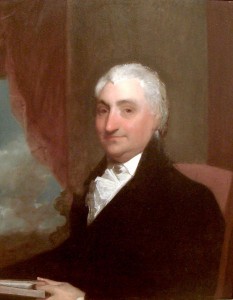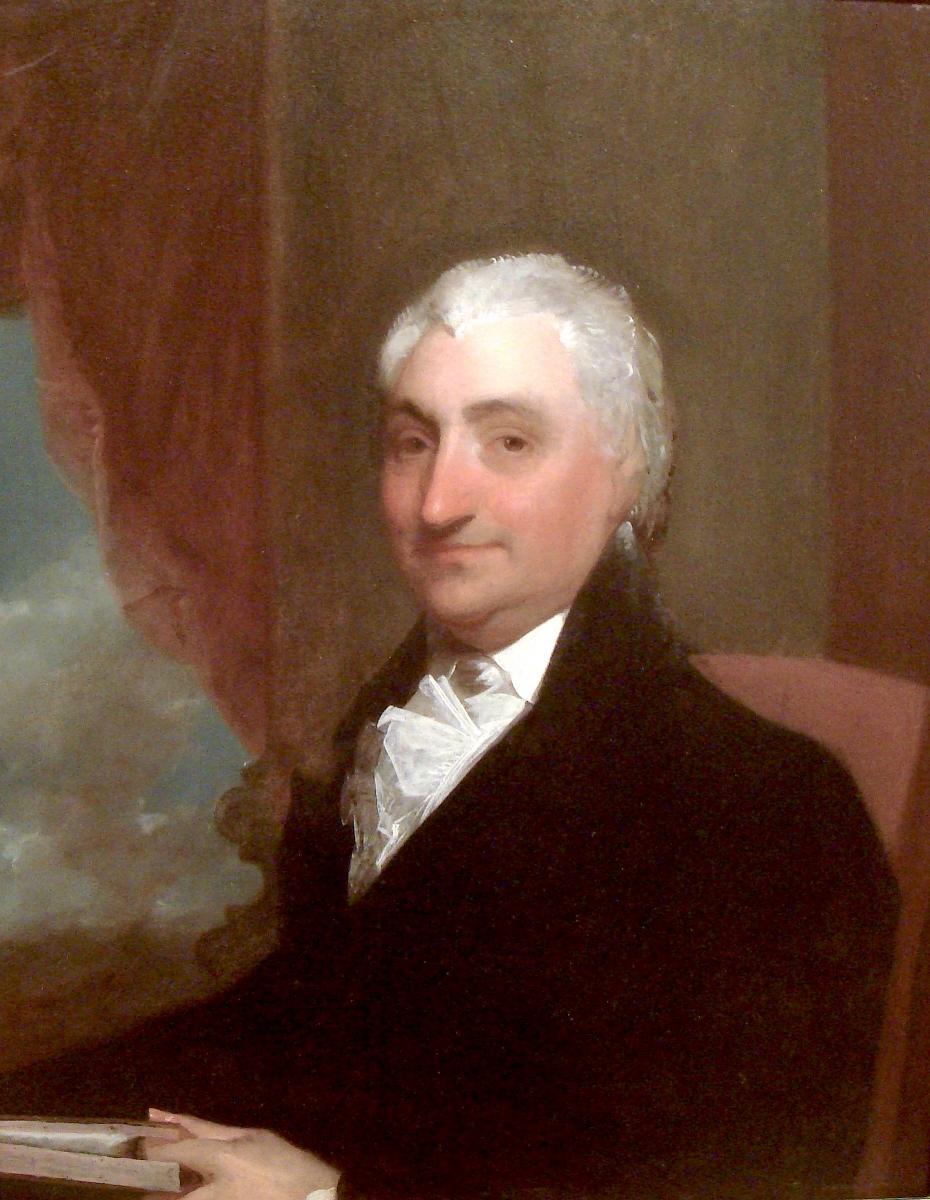Modern Chivalry: Containing the Adventures of Captain John Farrago, and Teague O’Regan, his Servant
Essay

Modern Chivalry is a rich American novel, penned by the army chaplain, editor, Pennsylvania lawyer and judge, state legislator, and writer Hugh Henry Brackenridge (1748-1816), published in installments from 1792 to 1815. A social and political satire, it features two main characters, Captain John Farrago and his Irish servant, Teague O’Regan, who engage in humorous, competing impulses ridiculing the substance of life in the new republic, while examining its problems, especially the shortcomings of its people, whether found in the forests of western Pennsylvania or the streets of Philadelphia. Their adventures focus on the political and cultural controversies emerging in 1789 with Washington’s presidency through the latter part of 1815 and the second Madison administration, and illustrate what the founders knew—that the most urgent task for the new nation was establishing a government with stability and integrity.
The two protagonists reflect two opposing camps of the democratic spirit: Farrago possesses the quixotic notion of the Renaissance man promoting the values of the ancients (the conservative ideology), and Teague seeks every opportunity for improvement, enthusiastically embracing his freedom from the status quo. His liberal spirit breaks with the elitist controls Farrago offers, as Teague believes he could become a congressman, a philosopher, a minister, a major (outshining his master). Brackenridge’s early narrative method concentrates on this theme of self-assertiveness and how Farrago struggles to control the irrationality of Teague’s ambitions, while a third character, the narrator, intrudes between the vulgar and the elite with little success. In addition to staging issues of class, the novel points up matters of race, in particular through its condemnation of slavery and emphasis on the mistreatment of Native Americans.
As a social document, Modern Chivalry directs attention to Philadelphia and its citizens, from a controversial episode ridiculing the supposed pretensions of the city’s American Philosophical Society for “[having] access made so easy, that every one may obtain admission” to a local color piece that shows city election candidates who “eat and drank abundantly…pampering their appetites, … swollen [in] size.” Later, Farrago searches for Teague across the city and along the way rescues a young woman who has become trapped in a brothel. After arranging for a Quaker lady to take her in, he returns with the good news only to find that the girl has committed suicide. Showcasing both the best and worst elements of the city, Brackenridge uses sentimentalism as a counter to the Calvinist doctrine of human depravity, emphasizing the goodness of humanity. In a send-off to the city, Brackenridge calls out to his Philadelphia readers in amazement and irritation: “Will no body attack it and prove that it is insipid, libelous, treasonable, immoral, or irreligious? If they will not do this, let them do something else… . Will no body speak?” Brackenridge demands that his readers shoulder their own share of responsibility for the failure to live up to the democratic ideal.
Of Modern Chivalry, the editor of the standard edition of the novel, Ed White, argues that “our challenge today is to read it carefully on its own terms, as a democratic literary experiment by a cautious supporter and enemy of democracy.” Not a simple text or an easily ignored one, the novel remains an essential work within the canon of early American studies.
Paul J. deGategno is Professor of English at The Pennsylvania State University at Brandywine and the author of James Macpherson, Poet of Ossian; Ivanhoe: The Mask of Chivalry; and The Critical Companion to Jonathan Swift. (Author information current at time of publication.)
Copyright 2015, Rutgers University
